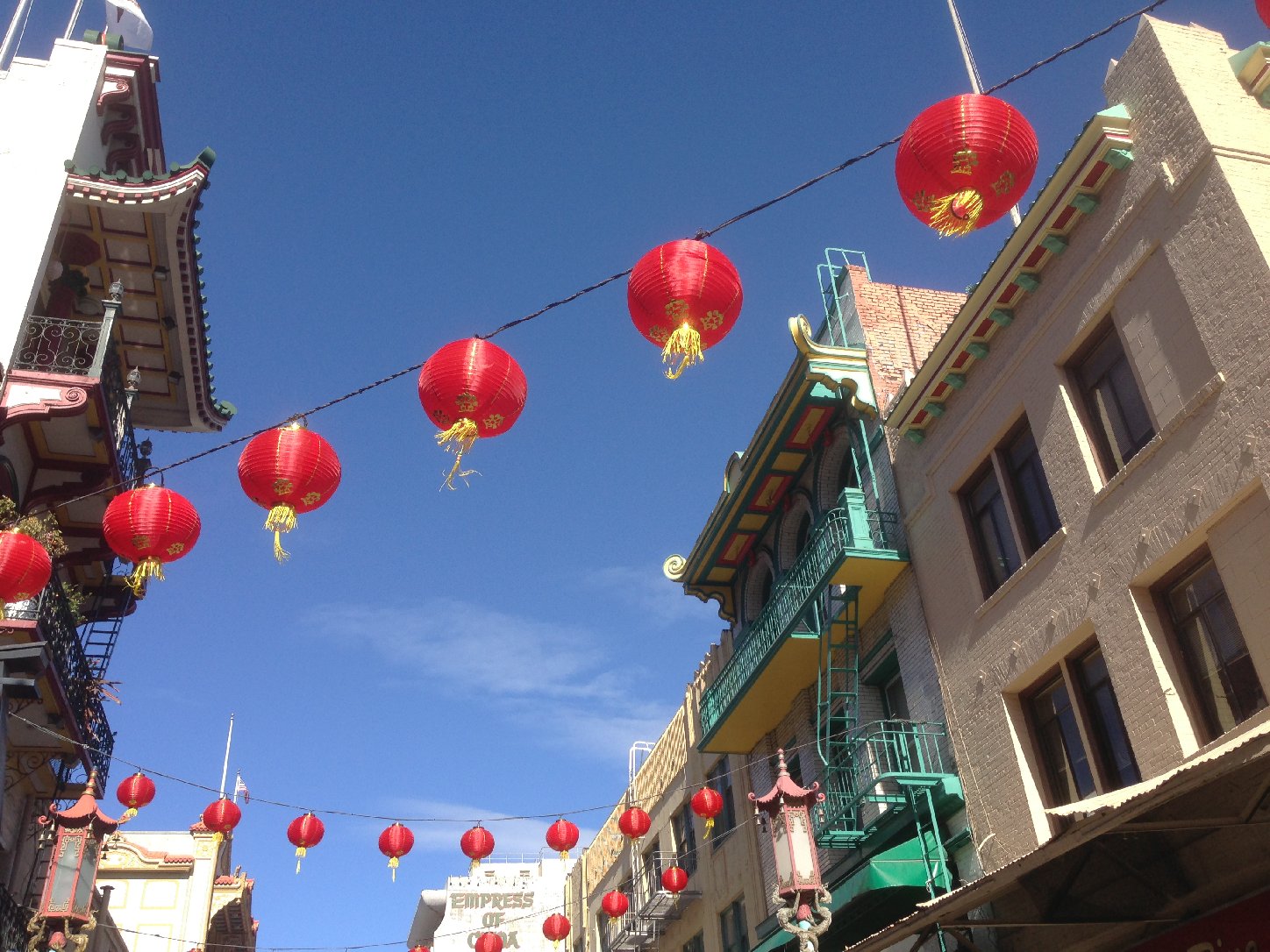The website, which allows Asians and Asian Americans to self report acts of discrimination, has received more than 700 such reports nationwide since it launched on March 19.
“This is a very typical American response to the ‘yellow peril threat,’” said Russell Jeung, department chair of Asian American Studies at San Francisco State. “Health policies have historically been used to discriminate against people of color. And this is just another case of it.”
By tracking these reports, the website is trying to put numbers to a rise in incidents of anti-Asian hatred associated with the spread of COVID-19. The virus has infected more than half a million people globally, yet has been inaccurately associated with Asians as a racial group — and in particular Chinese people — since it first came into national and international consciousness.
Verbal harassment and name-calling account for a majority of incidents reported to the tracker. Before shelter-in-place orders, most incidents took place in schools or on public transit. Now that people’s movements are limited to “essential businesses” — like grocery stores — acts of hate are often taking place there.
According to Jeung, this level of racial profiling is fueled by language national leaders have used to describe the virus, including when President Donald Trump referred to COVID-19 during press conferences as the “Chinese virus.”
“The fact that people are yelling ‘Chinese virus’ and repeating President Trump indicates that term is now being a commonly used label,” said Jeung.
“It’s not only a label but a stereotype and a way to frame the disease that is affecting people’s unconscious biases so that when they see a Chinese person, then they naturally think of a virus automatically and then maybe automatically feel threatened and feel afraid,” he said.
Even still, the reporting has so far found that acts of hate are impacting Asians and Asian Americans broadly, regardless of ethnicity or cultural heritage: So far, 61 percent of reports of discrimination have come from non-Chinese.
“So it’s a clear case of racial profiling,” said Jeung. “If you ‘look’ Chinese, then you’re perceived as being a disease carrier.”
According to Jeung, the tracker allows advocacy groups to gather individual stories to shape public policy.
“I think there’s a lot of different policy interventions that we could develop that are useful and not only for the government to do, but for our own community to do,” said Jeung. “We could actually develop our own campaigns about how to respond to bullying or how to respond to the virus in healthy ways.”

